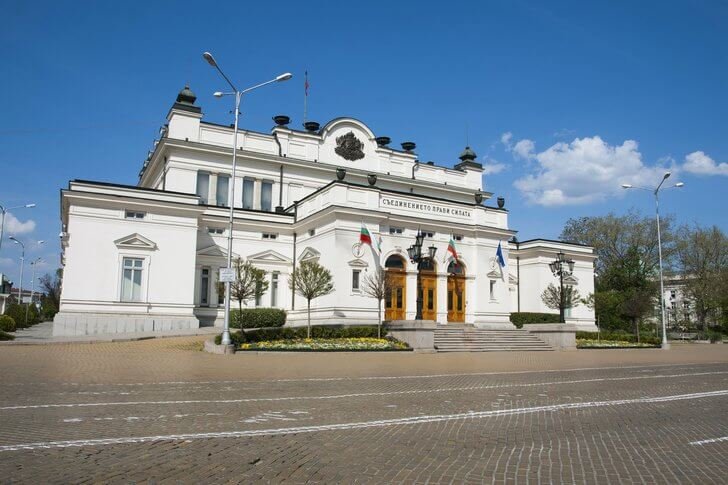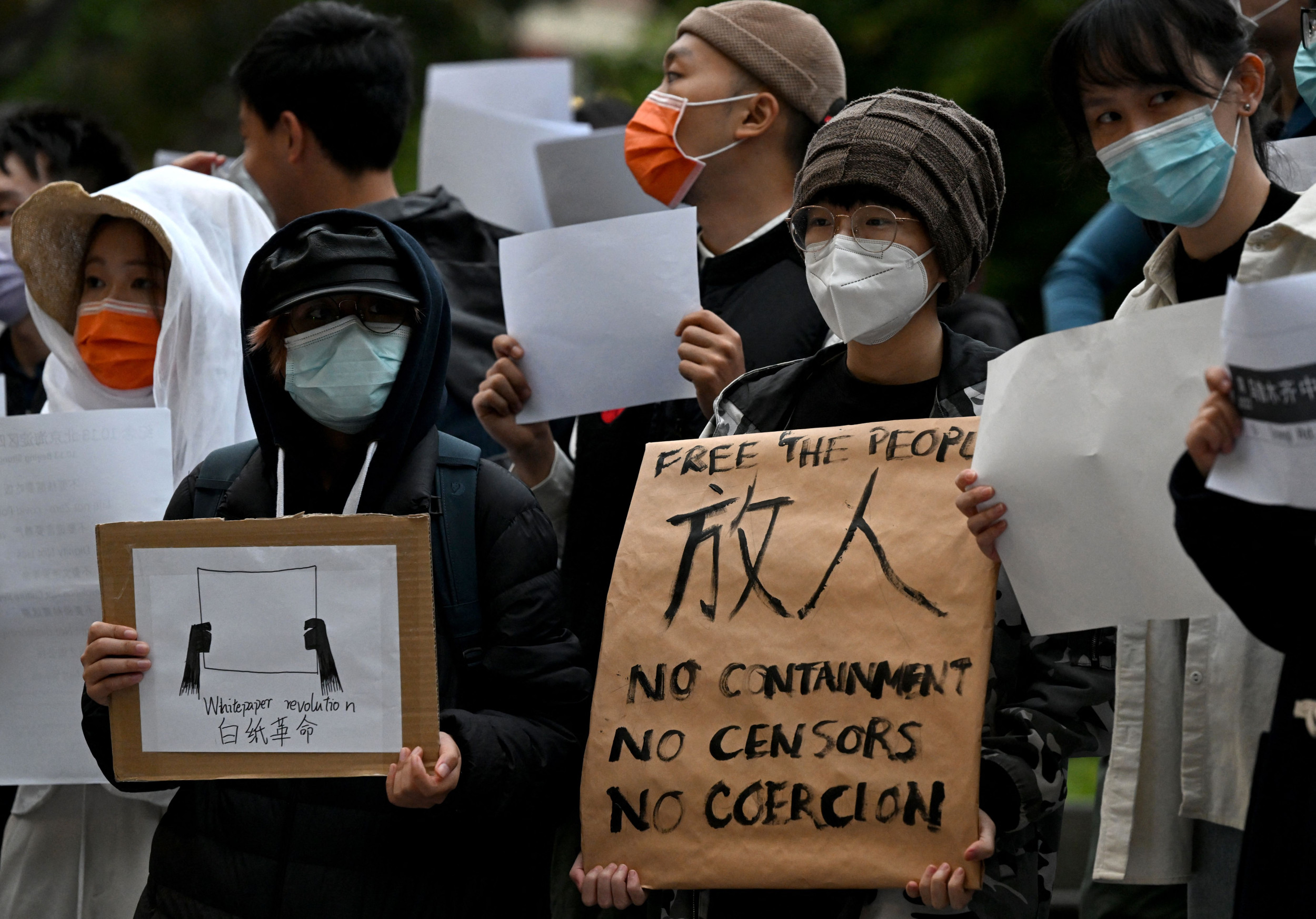The European Parliament"s overwhelming vote in favor of Bulgaria adopting the euro as its currency by January 1, 2026, has ignited widespread public dissent. With 531 votes supporting the move and only 69 against, the decision is emblematic of the stark divide between political elites and the populace. Thousands have taken to the streets to protest, demanding a referendum to decide the fate of their national currency, raising crucial questions about sovereignty, economic stability, and the prioritization of elite interests over the voices of ordinary Bulgarians.
Public Outcry Against Euro Adoption
As reported by AP News, protests erupted across Bulgaria, with citizens arguing that the euro adoption could exacerbate economic inequalities rather than alleviate them. Many Bulgarians express skepticism regarding the euro"s potential to benefit the working class, fearing that the switch might lead to higher prices and increased living costs. The economic ramifications of such a significant shift in monetary policy are profound, particularly for a nation already grappling with the challenges of wealth distribution.
Government"s Justification Lacks Public Support
Bulgaria"s Prime Minister Rossen Jeliazkov and other government officials have championed euro adoption as a pathway to economic modernization and integration into the European Union"s financial framework. However, according to Agenparl, the government’s narrative fails to resonate with a significant portion of the population, many of whom feel disconnected from the decision-making process. The ruling party’s decision to proceed without a referendum has been met with accusations of elitism, as many citizens believe their voices are being marginalized in favor of financial institutions and corporate interests.

25 Best Attractions & Things to Do in Sofia | 2025
Economic Implications for the Working Class
The adoption of the euro could lead to further economic stratification. While proponents argue that joining the eurozone may stabilize Bulgaria"s economy and attract foreign investment, skeptics point out the potential for inflationary pressures that could disproportionately impact low-income families. As noted by Novinite, Bulgaria’s history of economic volatility raises valid concerns about whether this transition will genuinely result in equitable growth or if it will merely serve to enrich the wealthy elite.
Calls for a Referendum Highlight Democratic Deficit
As thousands rally for a referendum, the situation underscores a critical democratic deficit within Bulgaria. Activists argue that the decision to adopt a new currency should be in the hands of the people, not just the politicians. The desire for a referendum reflects a growing demand for participatory governance, especially when it pertains to issues that could reshape the economic landscape for generations. The protests not only signify resistance to euro adoption but also a broader call for accountability and transparency in government decision-making.

China Covid Protests Updates: Biden Recently Spoke With Xi Jinping ...
Conclusion on the Future of Bulgaria"s Economy
Bulgaria’s entry into the eurozone is a pivotal moment that carries significant implications for its economic future. The overwhelming opposition from the public, coupled with calls for a referendum, challenges the narrative pushed by political elites. As the government prepares to finalize the legal steps necessary for euro adoption, it must grapple with the reality that true economic justice can only be achieved through inclusive dialogue and respect for the voices of its citizens. The ongoing protests are a testament to the need for a more equitable approach to economic policy that prioritizes the well-being of the many over the interests of the few.







![[Video] Gunfire between Iraqi security forces and Sadr militias in Baghdad](/_next/image?url=%2Fapi%2Fimage%2Fthumbnails%2Fthumbnail-1768343508874-4redb-thumbnail.jpg&w=3840&q=75)
